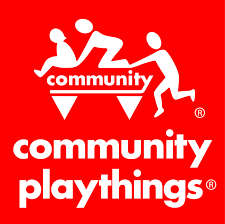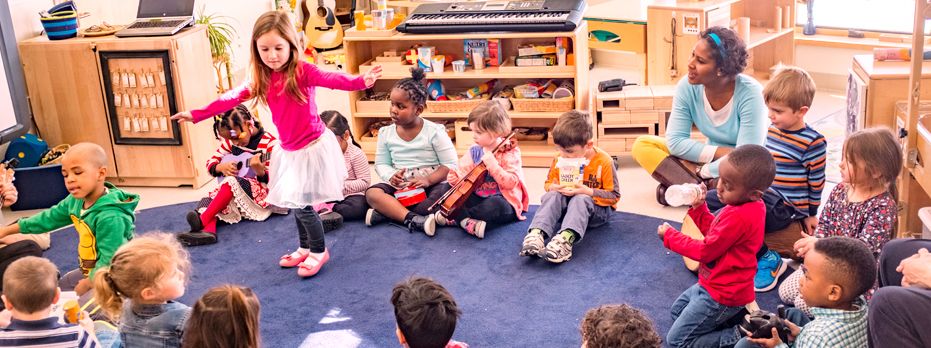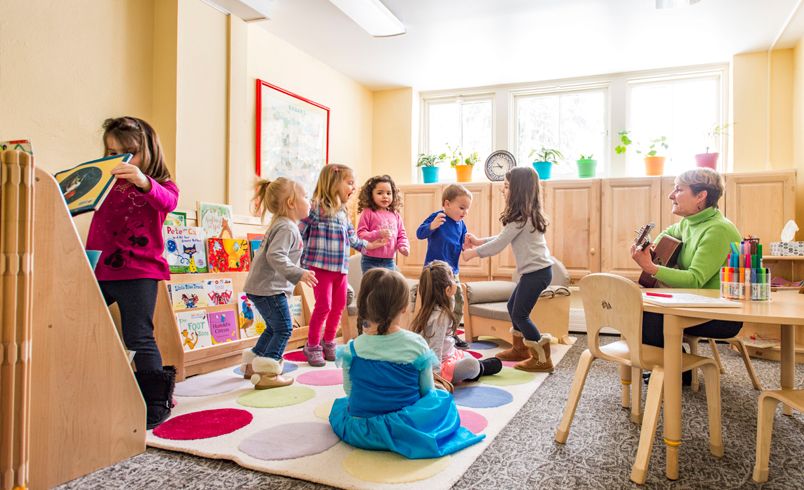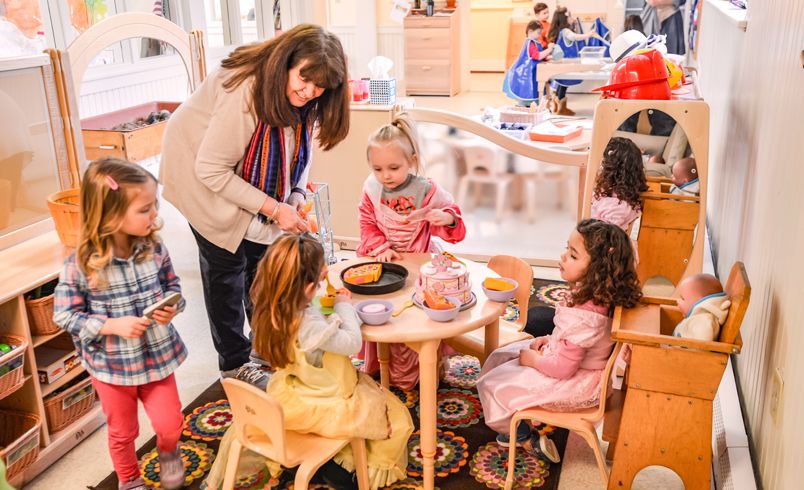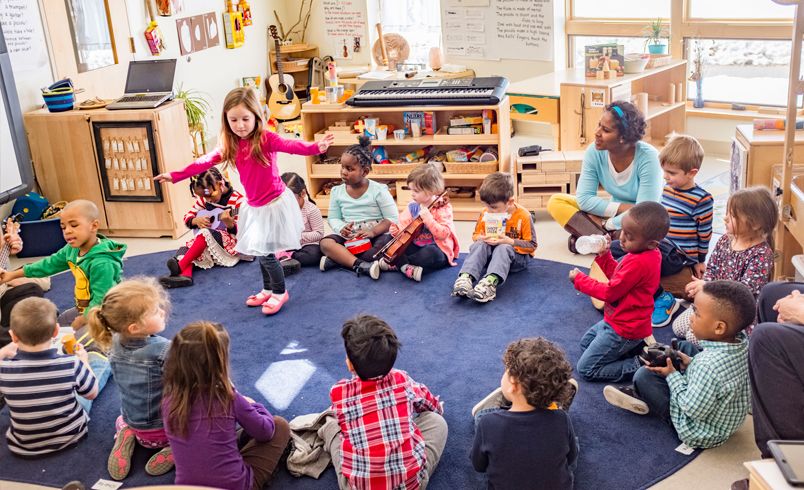Is Free Play the Only Meaningful Play?
| July 2022Last summer I attended a virtual summit in which Kathy Hirsh-Pasek, a champion for young children and co-author of Einstein Never Used Flashcards, talked about the value of guided play. I thought she was wonderful. So, it came as a huge surprise to me when she got pushback from some play advocates.
In a Facebook discussion, they expressed anger that anyone would dare recommend anything other than free play. It was the first time I’d come across this sentiment, and I foolishly tried to clarify Kathy’s intentions. I wanted to smooth things over and show my own support for guided play.
That didn’t go over very well, and I found myself the target of some animosity. The group was adamant that only free play is meaningful to children. I then naively asked, “What about a teacher arranging a game like Statues, which the children love and that helps foster self-regulation?” The response: “We don’t arrange games.” End of discussion. They want children to learn only on their own.
I’ll admit I was shaken. A whole lot of my books include activities that can be considered guided play, and I wondered if I’d been horribly misguided all these decades! So, I called a friend who’s a passionate play advocate and asked point-blank, “Is free play the only kind of play that matters?” When I hung up, I felt reassured that guided play also has an important role in children’s lives and education.
Don’t get me wrong; I’m a huge fan of free play. When children initiate and direct their own play, they learn lessons that serve them well throughout their lives. They learn cooperation, negotiation, conflict resolution, problem solving, and so many other skills that I consider essential for human beings. I would love to see children have far more opportunity to engage in free play!
But I also believe it’s okay to have learning goals for the children if they’re developmentally appropriate and handled in a way that’s respectful to the children. And when we have a learning goal in mind—for example, the self-regulation mentioned above—guided play is more effective than direct instruction, a tool being employed in far too many early childhood environments these days. Direct instruction often is not developmentally appropriate nor respectful of the way young children learn.
According to the Encyclopedia on Early Childhood Development, in guided play, “adults should allow children to maintain the locus of control but should also provide subtle guidance that will allow them to explore the right aspects of the environment to reach the learning goal. Studies show that guided play is indeed effective at allowing children to learn.”
According to a study from the Association for Psychological Science, “guided play takes advantage of children’s natural abilities to learn through play by allowing them to express their autonomy within a prepared environment and with adult scaffolding.” The authors of this study define guided play as “learning experiences that combine the child-directed nature of free play with a focus on learning outcomes and adult mentorship. Children thrive when they engage in free play, which involves active engagement and is fun, voluntary, and flexible . . . but for reaching specific learning goals, some adult support is necessary. Guided play thus has two key elements: child autonomy and adult guidance.”
Statues allows children to move in any way they want while the music is playing and to freeze in any way they want when the music pauses. Within that freedom, however, they engage in active listening (emergent literacy) and, as previously mentioned, acquire self-regulation skills (social studies). To foster the latter, some teachers insist that children sit still, listening with their “whole bodies,” believing this teaches children to regulate themselves. But that disregards the definition of self-regulation, which requires that it not be imposed from an outside source. When children hold themselves still in a game like Statues—or Blast Off, where they crouch low and await the countdown to blast off—they want to hold still because it’s fun, which is what motivates the little ones!
When children are invited to play the Mirror Game, they not only practice their cooperative skills, they also learn to physically replicate what their eyes are seeing, a skill required in both art and emergent literacy (learning to write). But they are free to take on any shapes they choose.
Simon Says is another example of a facilitated game and guided play. It fosters both listening skills (emergent literacy) and body-part identification (science). But if it’s going to meet the criteria of developmental appropriateness and respect, it requires a slight modification. Usually, the children who most need to acquire these skills are the first to be eliminated! However, if we arrange the children in two groups or lines, allowing them to move from one to the other when they haven’t followed “Simon’s” instructions, they get the practice they require!
Yes, children learn much from free play. But might they not learn additional skills if we sometimes guide their play? And aren’t those additional skills meaningful, too?
Article republished from raepica.com with permission from the author.
To learn more about the benefits of movement games check out Rae's books:
References:
Weisberg DS, Zosh JM. How Guided Play Promotes Early Childhood Learning. In: Tremblay RE, Boivin M, Peters RDeV, eds. Pyle A, topic ed. Encyclopedia on Early Childhood Development [online]. https://www.child-encyclopedia.com/play-based-learning/according-experts/how-guided-play-promotes-early-childhood-learning. Published: February 2018. Accessed June 8, 2022.
Weisberg DS, K Hirsh-Pasek, RM Golinkoff, AK Kittredge, D Klahr. Guided Play: Principles and Practices. Association for Psychological Science. Current Directions in Psychological Science 2016, Vol. 25(3) 177–182. https://www.cmu.edu/dietrich/psychology/pdf/klahr/PDFs/Guided%20Play%202016.pdf . Accessed June 8, 2022.
